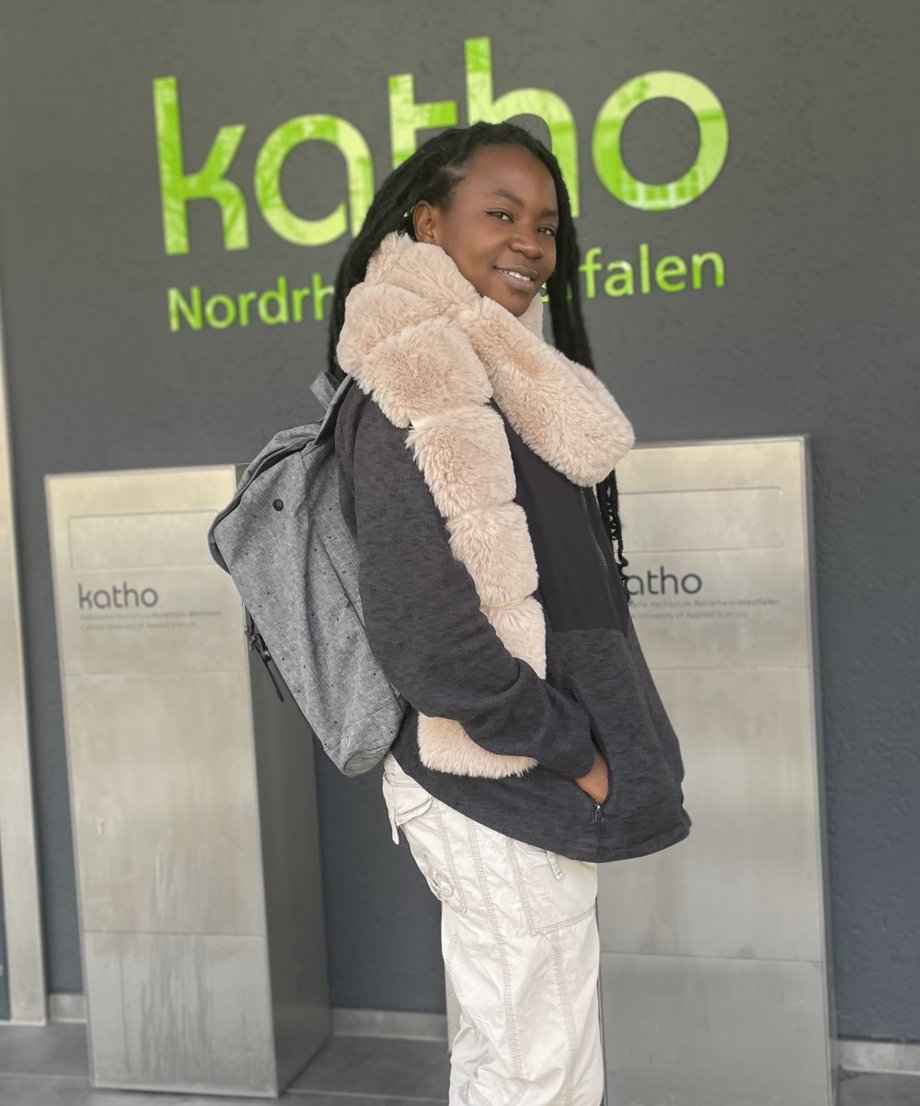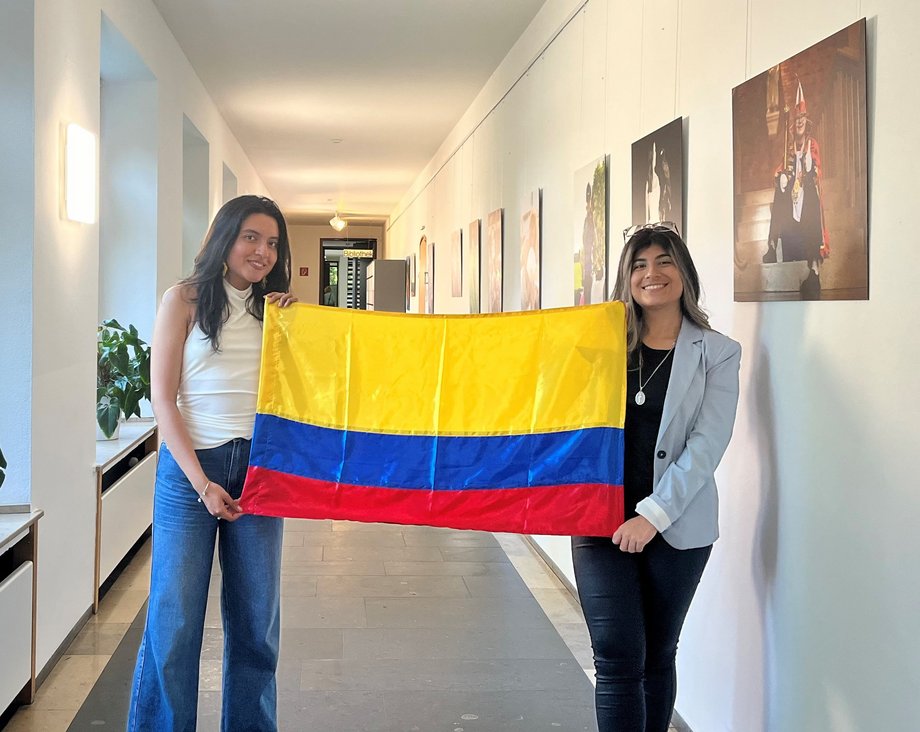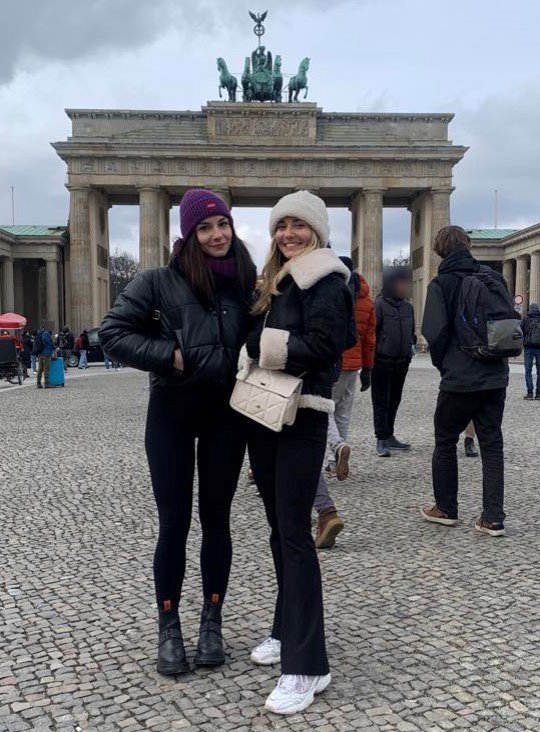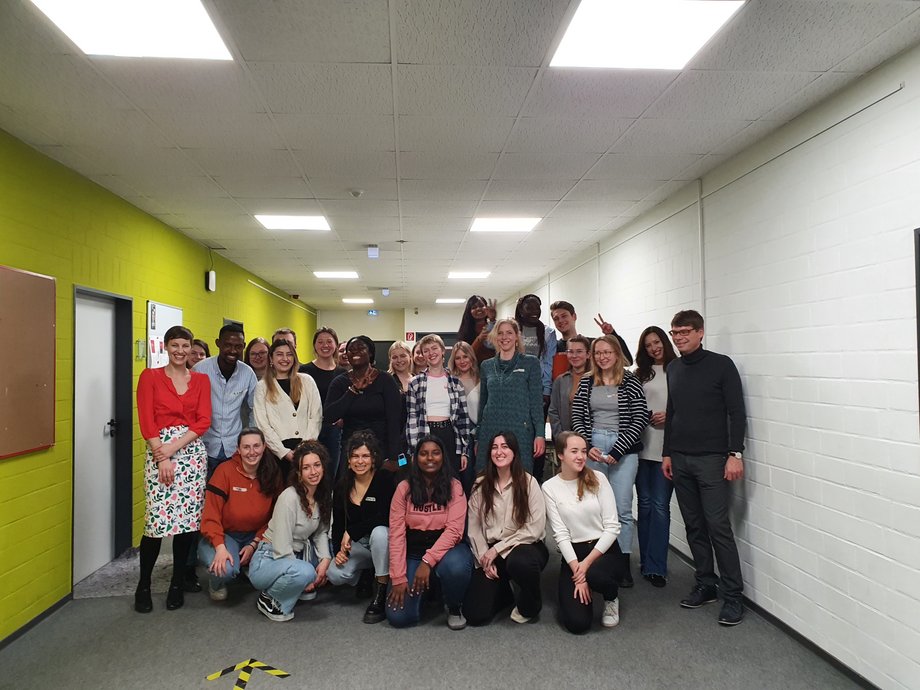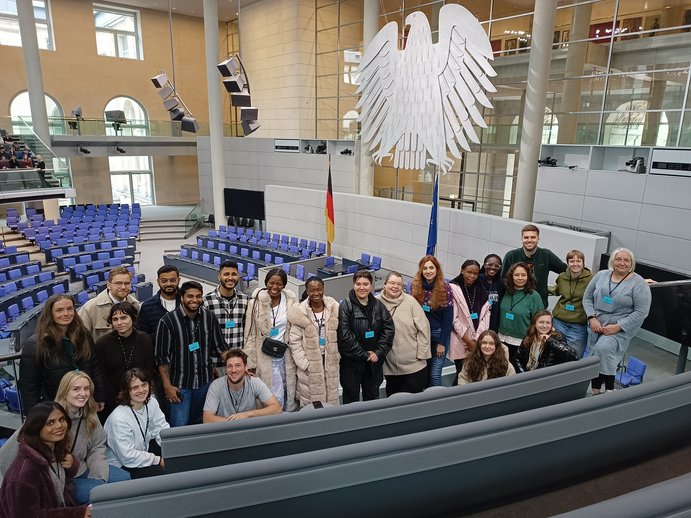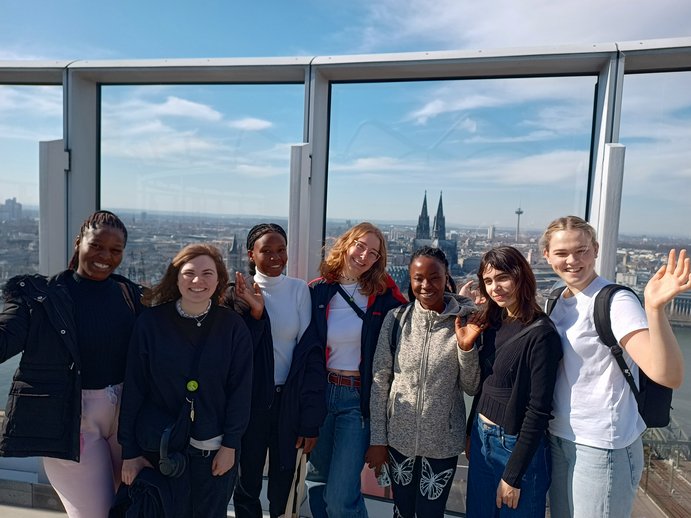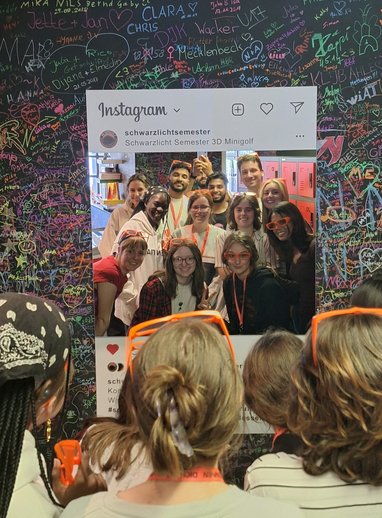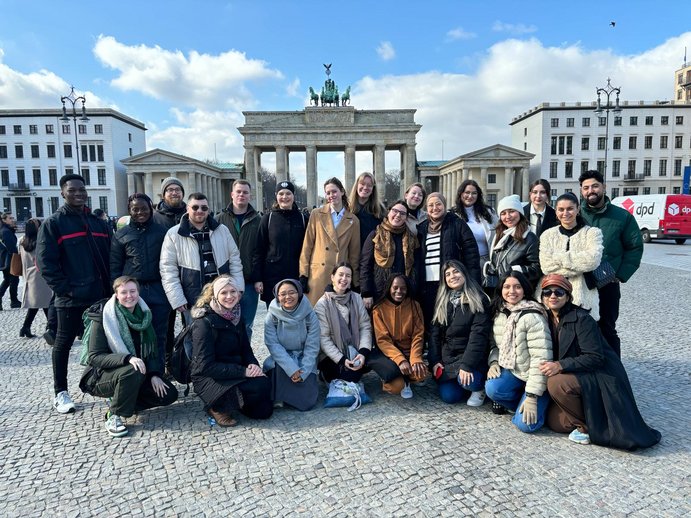Social Work and Exclusion
An international study programme in English - March to July each year
How do you work in different fields of social work and special education? International fields of social work such as migration, political crisis and processes of globalization play a mayor role in learning social work today. With the nowadays challenges for social work, it is safe to say that international qualification in social work becomes more essential than ever. And that is why you will be profiting from our curriculum of “Social Work and Exclusion”, which we offer each summer semester at our campuses in Muenster and Cologne. It will help gain knowledge, skills and experiences in social work practice and theory.
As an international student, you will form one group during the whole semester. You will study side by side with our local students and be a part of our small family campus. Also, you will be provided special support by student buddies and faculty members. Starting with a welcome week and taking part in a one-week excursion to Berlin will highlight your studying with us, as well as a cultural programme which allows you to get to know the vibrant city of Cologne.
Within the programme, you can obtain 30 ECTS. Your learning outcomes will be documented in a transcript of records.
ONLINE INFORMATION SESSIONSFind out more about the study programme – join our online info sessions. The info session takes place every first Monday of a month. Time: 1 p.m. (CET) For participation, please register at incoming[at]katho-nrw.de |
Impressions from the study programme
Language Requirements
The language of conduction of the “Social Work and Exclusion” programme is English. A good knowledge of English is therefore essential. Each international student applicant must master the English language sufficiently well to be able to understand lectures and to be able to work with English academic texts. The applicants must proof English language skills with an English language certificate of B1 of the Common European Framework of Reference for Languages (CEFR).
Nomination
Students can be nominated by their home universities until
- August 31 for non-EU students
- September 30 for EU Students
Nominations can be send via email to: incoming(at)katho-nrw.de. Please include the folling information about the nominated student: Name/Surname, Date of Birth, E-Mail, Field of Study
After the nomination deadline we will contact the nominated students and provide further information about the subsequent application process.
Team
Scientific coordination
Prof. Dr. Sebastian Wen
Professor für Soziologie
Köln, Sozialwesen
Prof. Dr. Georg Albers
Professor für Soziale Abeit
Münster, Sozialwesen
Franziska Sawitzki
Wissenschaftliche Mitarbeiterin, Internationalisierung
Köln, Sozialwesen
Counselling/student service
Matthias Kaufmann
Mitarbeiter International Office, Abteilungen Aachen und Köln
Köln, Dezernat VI - Akademische Angelegenheiten
Katrin Verhorst
International Office
Münster, Dezernat VI - Akademische Angelegenheiten
